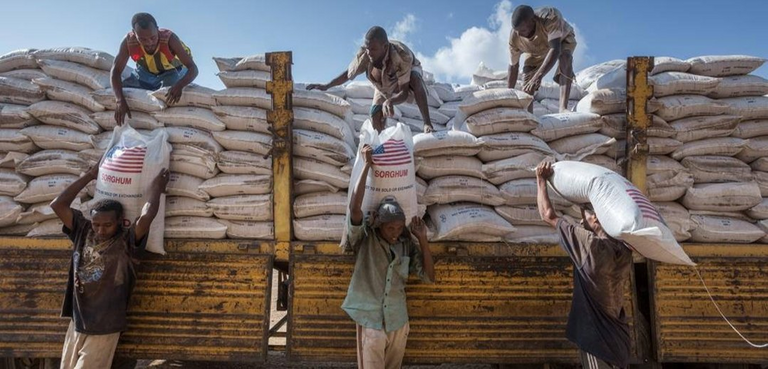
This reflection paper covers Michael Matheson Miller's Poverty, Inc. documentary
The current system of helping the impoverished does NOT work. To put it simply, “The rich patronize the poor” and “The poor resent the rich” (Miller, 2014, 3:37). Poverty, Inc. by Michael Matheson Miller emphasizes that this system of paternalism prevents poverty stricken places from escaping poverty.
Western culture has their heart in the right place by wanting to help the less fortunate. However, their efforts have unexpected consequences. By singing songs about Africans not knowing that it’s Christmas, it leads to a misconception of a barren African wasteland where people cannot depend on themselves to live. Africans aren’t necessarily poor; they’re just disconnected from global trade. In fact, Africa contains many rich natural resources such as oil, gold, diamonds, land, and timber.
One example of foreign aid making a bad situation even worse is when the US began exporting rice to Haiti. Domestic Hatian rice could not compete with cheap imported US rice, so local rice farmers found themselves without jobs. Can a nation truly prosper if they rely on another nation for handouts? The rice farmers abandoned their trade and moved into the cities. This resulted in the over-construction of city slums which resulted in more poverty, thus creating a worse problem that the US wanted to solve. In the case of Haiti, a short-term natural disaster turned into a long-term unnatural disaster.
An interviewee in the documentary estimates approximately 10,000 non government organizations (NGO) in Haiti alone. The arrival of NGO’s following the 2010 resulted in a generation with a dependent mindset, especially considering the NGO’s still operating in Haiti over a decade after the natural disaster. In fact, NGO’s benefit from staying in devastated nations. They draw in government grants from their home-country so that they will provide “aid” to the struggling nation. Local businesses growing and pushing out foreign aid does not benefit NGO’s in the slightest. This emergency disaster relief has become a permanent model; however, this model cannot allow a nation to grow and thrive.
The Marshall Plan gave the West a view of a shining example of how aid can help other nations. This model, however, has not proven as successful for later foreign aid campaigns. Examples as small as a church donating eggs or as large as TOM’s One for One shoe program have good intentions. Their consequences prove disastrous for the nation receiving aid. Local egg farmers and shoemakers suffer as a result of cheap or even free goods flooding the markets.
"Give a man a fish and he will eat for a day. Teach a man to fish and he will eat for a lifetime."